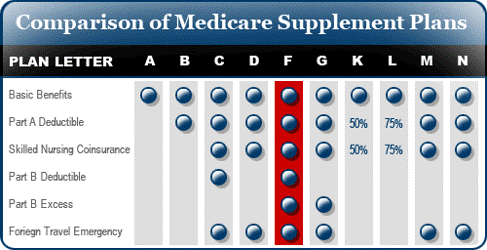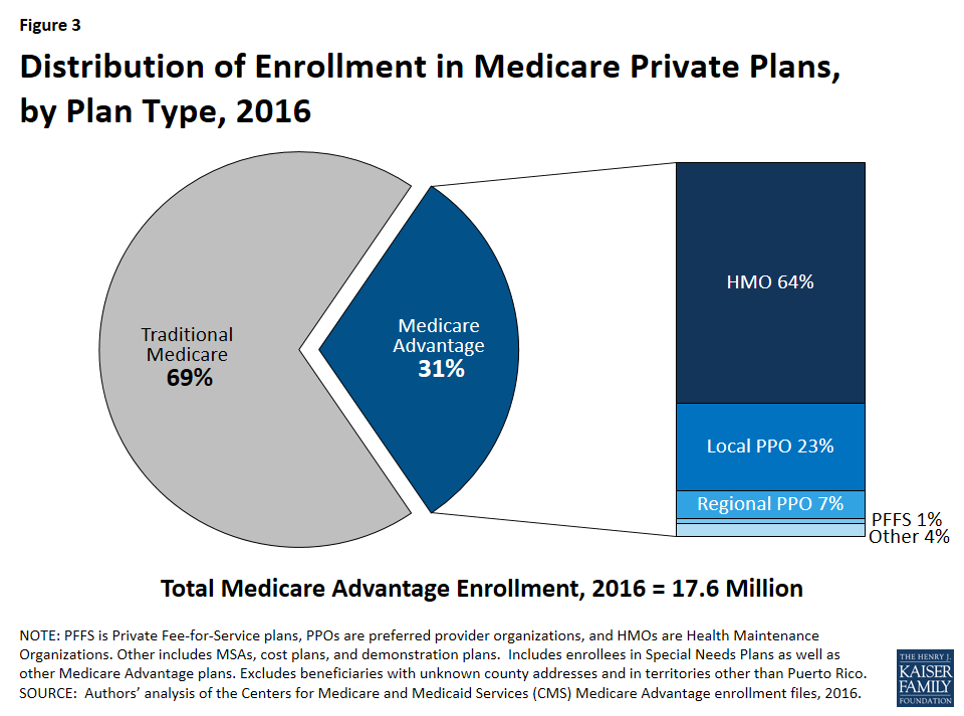Before age 65, when you retire from your local government, state or school board or district, you may be able to continue on your current health plan. However, you will need to check with your Human Resource Department. The cost of your health insurance plan may or may not subsidized going forward in retirement. It is important to get an estimated cost from your Human Resource Department before you decide to retire before age 65.
At age 65 and later, you are eligible for Medicare. If you are still working, you can continue on your government or school plan. You will not have to pay for Medicare B until you retire.
Medicare is the government funded healthcare system for Americans who are 65 and older. Seniors can sign up as early as three months before you turn 65 if you want your coverage to begin the day you turn 65. You will then have the month of your birthday and the three months after (a total of seven months) to sign up for coverage. If you do not sign up within that time frame then you will have to wait for the Medicare open-enrollment period which lasts from January 1–March 31 and your coverage would begin on July 1 of that year.
Seniors have a few options when signing up for Medicare. They can either sign up for traditional Medicare or Medicare Advantage plans.
- Traditional Medicare A, B, C (Supplement) and D (Drug)
- Medicare Advantage Plans (HMOs, PPOs)
Traditional Medicare Plans
Medicare Part A is your traditional hospital and home health care insurance and Part B covers other services like doctors visits, ambulance services, mental health services, among others. If you enroll in Medicare Part A and B then you can go to any hospital in the country that accepts Medicare patients. There is no monthly premium for Medicare Part A, but there is a monthly premium for Medicare Part B, which is currently $121.80/month.
Traditional Medicare
- Medicare A & B (Medicare B $134.00 per month)
- Medicare Supplement / Medigap Plan (F) ($ per month based on zip code)
- Medicare D (Drug Plan – mandatory – ($))
Nationwide, all doctors, all hospitals that accept Medicare
Medicare Supplement or Medigap Plans
 A Medicare Supplement Insurance (Medigap) policy, sold by private companies, can help pay some of the health care costs that Original Medicare doesn’t cover, like copayments, coinsurance, and deductibles. Some Medigap policies also offer coverage for services that Original Medicare doesn’t cover, like medical care when you travel outside the U.S. If you have Original Medicare and you buy a Medigap policy, Medicare will pay its share of the Medicare-approved amount for covered health care costs. Then your Medigap policy pays its share. A Medigap policy is different from a Medicare Advantage Plan. Those plans are ways to get Medicare benefits, while a Medigap policy only supplements your Original Medicare benefits.
A Medicare Supplement Insurance (Medigap) policy, sold by private companies, can help pay some of the health care costs that Original Medicare doesn’t cover, like copayments, coinsurance, and deductibles. Some Medigap policies also offer coverage for services that Original Medicare doesn’t cover, like medical care when you travel outside the U.S. If you have Original Medicare and you buy a Medigap policy, Medicare will pay its share of the Medicare-approved amount for covered health care costs. Then your Medigap policy pays its share. A Medigap policy is different from a Medicare Advantage Plan. Those plans are ways to get Medicare benefits, while a Medigap policy only supplements your Original Medicare benefits.
Medicare D Plans. Medicare offers prescription drug coverage to everyone with Medicare. If you decide not to join a Medicare Prescription Drug Plan (Part D) when you’re first eligible, or if you decide not to join a Medicare Advantage Plan (Part C) (like an HMO or PPO) or other Medicare health plan that offers Medicare prescription drug coverage, you’ll likely pay a late enrollment penalty unless you have other creditable prescription drug coverage.
Medicare Advantage, or Medicare Part C, are private health insurance plans that are administered by health insurance companies. These plans must offer the same services that traditional Medicare offers, outside of hospice services, and most offer additional services that are not covered in traditional Medicare. Another thing that’s important to understand with Medicare Part C is that your choice of doctors and hospitals is more restricted than it is with traditional Medicare.
How do Medicare Advantage Plans work?
Medicare Advantage Plans, sometimes called “Part C” or “MA Plans,” are offered by private companies approved by Medicare. If you join a Medicare Advantage Plan, you still have Medicare. You’ll get your Medicare Part A (Hospital Insurance) and Medicare Part B (Medical Insurance) coverage from the Medicare Advantage Plan and not Original Medicare.
Medicare Advantage Plans
(HMOs, Local PPOs, Regional PPOs)
- Small or No out-of-pocket premium – Maximum $6,500 and up
- Drug plan may be included
- Vision & Dental (options)
- Check to see if your preferred doctors and hospitals are in the network
Local healthcare
Learn more about Medicare by visiting the website www.medicare.gov
Learn more about Medicare by visiting the website www.medicare.gov.e>

